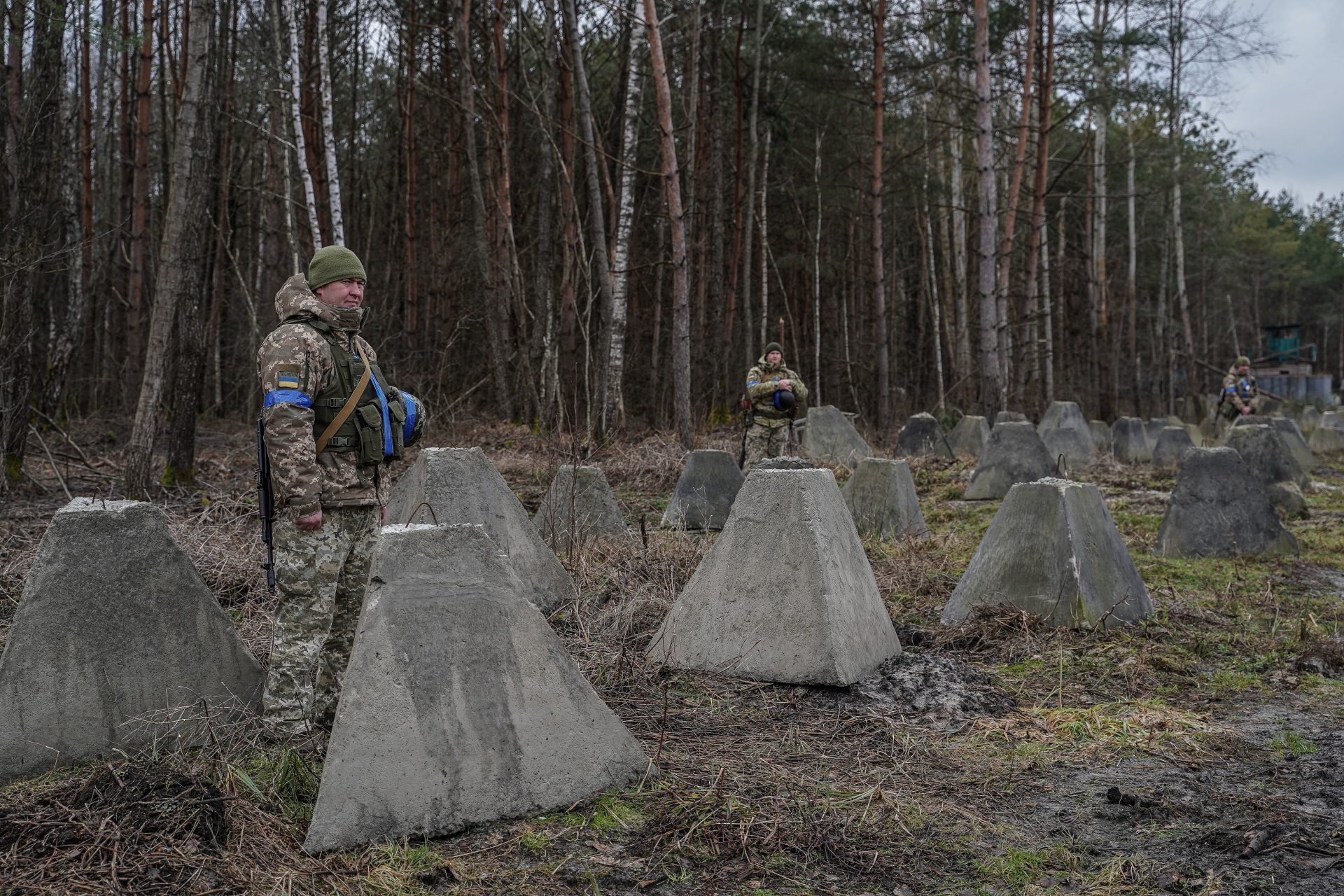The gap between Canada’s rich and poor is widening at a record pace
The gap between wealthy Canadians and lower-income earners in the country is getting larger at the fastest pace on record according to data from Statistics Canada showing the nation's richest households now control far more wealth than those at the bottom.
Income inequality has become a growing issue for Canada’s political leaders after years of increases in the cost of living coupled with ever-growing interest rates have wreaked havoc on the wealth of regular Canadians according to a report from Statistics Canada.
Canadians are far more financially vulnerable than they have been in the past and data from the first quarter of 2023 showed those with lower incomes, less wealth, and younger groups are suffering the most while the country’s richest are doing quite well.
Lower and middle-income households saw a reduction in their net savings according to Statistics Canada with first-quarter data revealing net savings dropped to a three-year low as cost of living increases outweighed income gains made by most households.
For example, middle-income earners were affected by inflationary pressures which saw the group as a whole spending $1306 more on average than it earned in the first quarter of the year, while in 2022, they had a positive net savings of $521 in the first quarter.
However, Canada's top-income earners saw their wealth grow in the first quarter despite suffering from inflationary pressures as well. Interest charges were “more than offset by gains in investment earnings,” namely dividends and bank deposits.
All of this has only increased the gap between the rich and poor and now the country’s richest 20% of households control more than two-thirds of Canada’s wealth according to Statistics Canada—meaning 20% of households control 68% of the country's wealth.
In contrast, 40% of the country’s least wealthy households only accounted for 2.7% of Canada’s wealth. The difference between the two numbers represents the fastest pace on record for the widening wealth gap in the country according to Statistics Canada.
“The gap in net worth between the most and least wealthy increased by 1.1 percentage points in the first quarter of 2023 relative to the same quarter a year earlier,” Statistics Canada noted, adding it “was the fastest increase on record for these estimates.”
Less wealthier households tended to be younger on average according to the report, and that would make a lot of sense considering the pressures young Canadians are facing as they enter a job market with wages that haven’t kept up with recent inflation.
“Lower income and younger households tend to hold entry-level positions and service jobs in the accommodation and food industry,” Gillian Petit, a research associate in the Department of Economics at the University of Calgary, explained to the Toronto Star.
“These wages tend not to keep up with inflation,” Petit continued, a sentiment that was proven by the data released in Statistic Canada’s report—which showed that 55.2% of the country's two least wealthy household groups were aged less than 45 years old.
The least wealthiest in Canada were most affected by economic pressures according to the report and it noted the net worth of the country’s bottom 40% decreased by 13.8%.
Reduction of net worth hit all households in the first quarter and was due in large part to the decline in the real estate market. The average value of real estate held by every area of Canadian society decreased by 8.6% relative to the same period in the previous year.
Debt-to-income ratios for Canada’s youngest and core workers also reached their highest rates on record in the first quarter with core working-age households experiencing what the report called “unprecedented increases in their debt-to-income” up by 275.8%.
“Persistently high interest rates and inflation are likely to continue to strain households' ability to make ends meet without going further into debt,” the report added, which spells bad news for Canada’s poorest and youngest households.
More for you
Top Stories





























